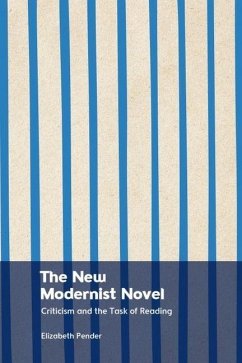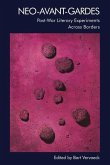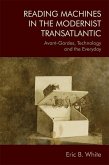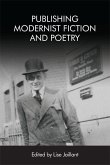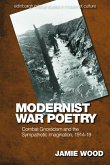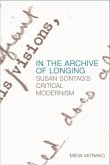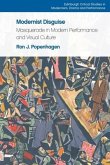Since the late twentieth century, new understandings of modernism have come with new attention to a range of writers. Yet if the academic study of modernism took shape around an older, narrower selection of writers and works, how can its modes of reading be relevant to newly recovered modernist writing? This book considers how close reading may change as the subjects of literary study change. Elizabeth Pender asks what reading meant for critics of modernist literature around 1930 and around 1960, and then what close reading might look like now for three new modernist novels. Djuna Barnes's Nightwood, John Rodker's Adolphe 1920 and Mina Loy's Insel tend to resist some of the strategies of reading that helped construct a narrowed modernist canon at mid-century, such as the pursuit of coherence. These novels offer new thinking about the temporality of reading, style, and the ethics of narration. Reading these novels now suggests that other new modernist fiction, too, may require revisions to vocabularies with which modernist literature has sometimes been read.
Bitte wählen Sie Ihr Anliegen aus.
Rechnungen
Retourenschein anfordern
Bestellstatus
Storno

